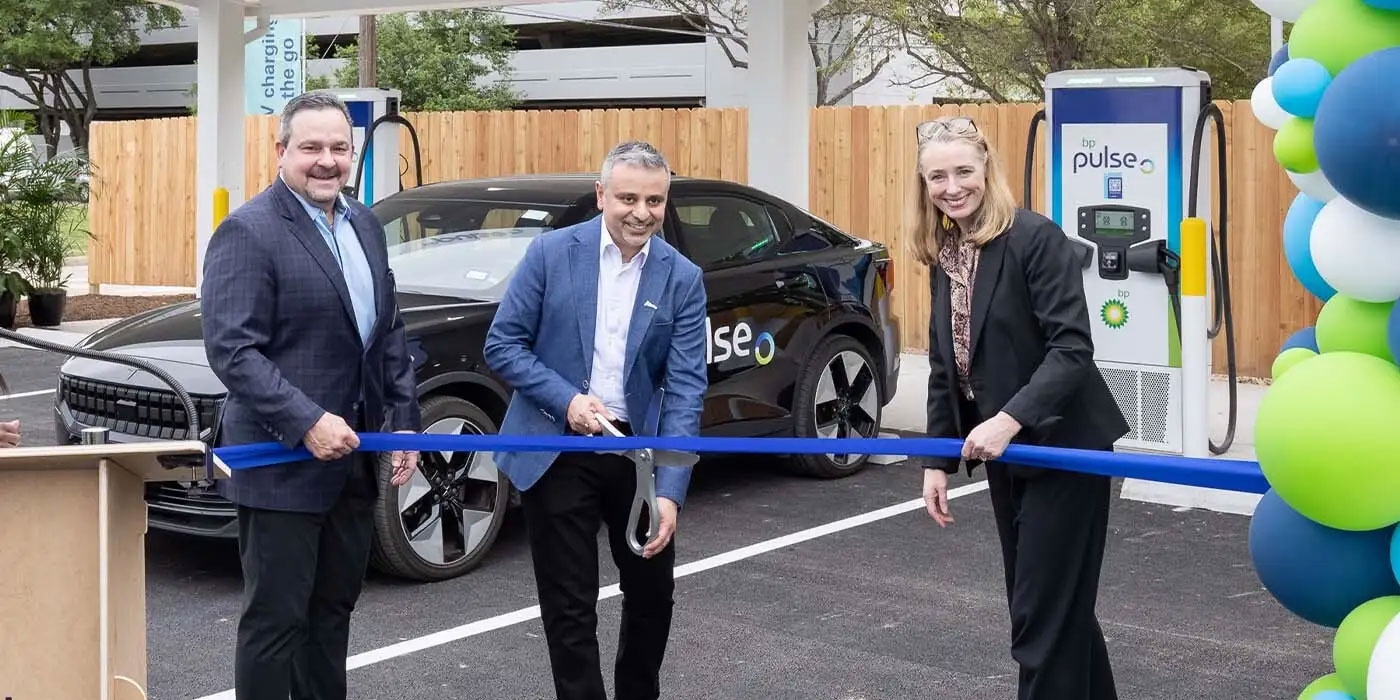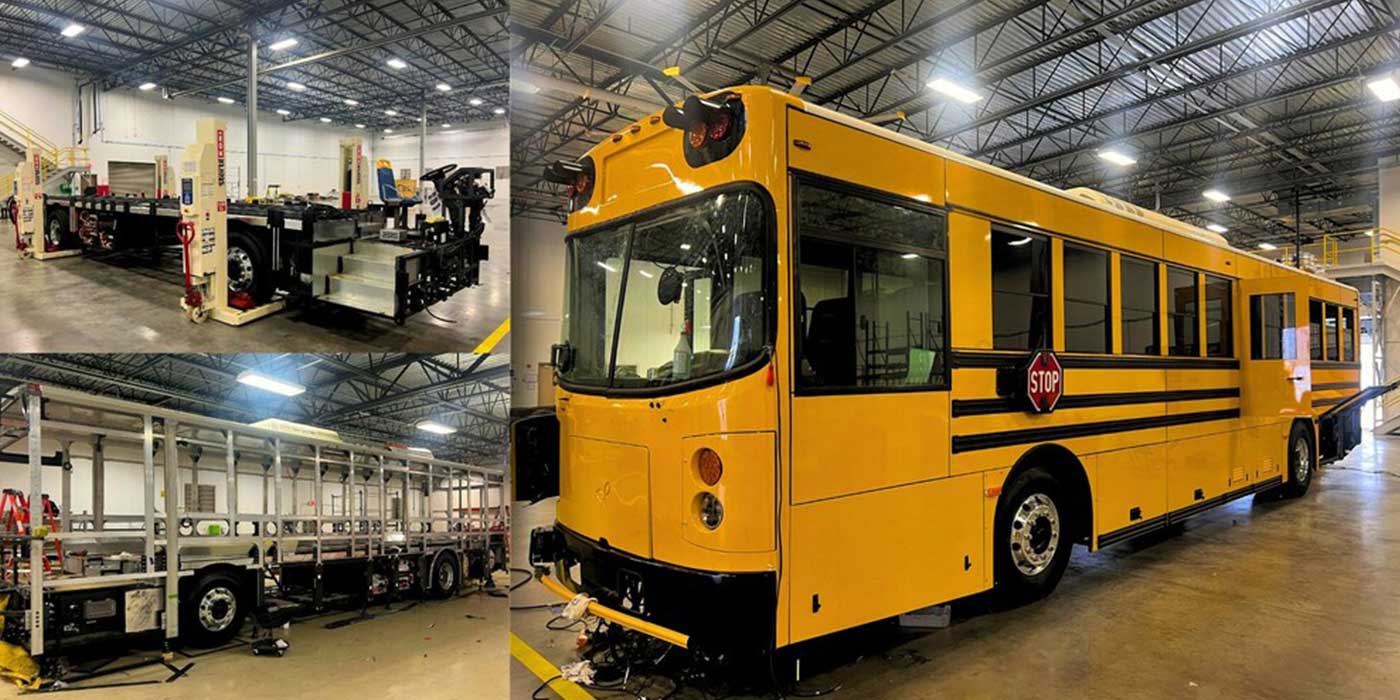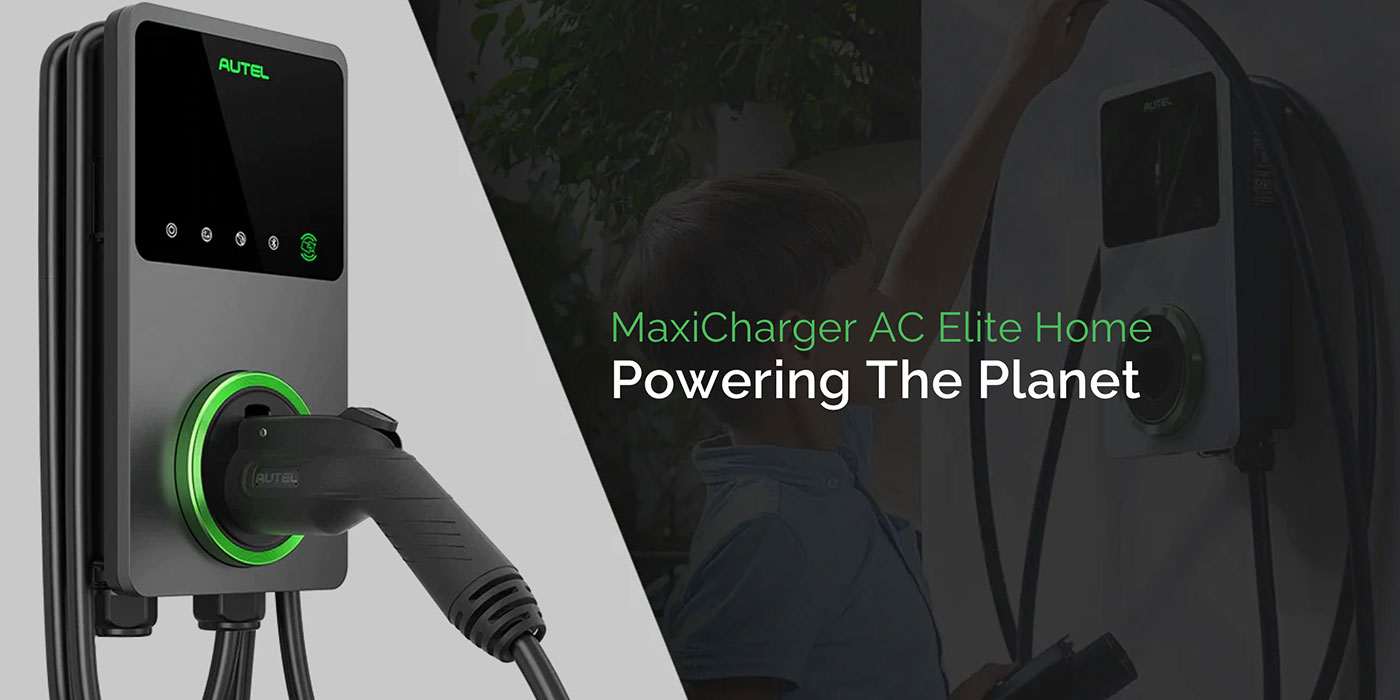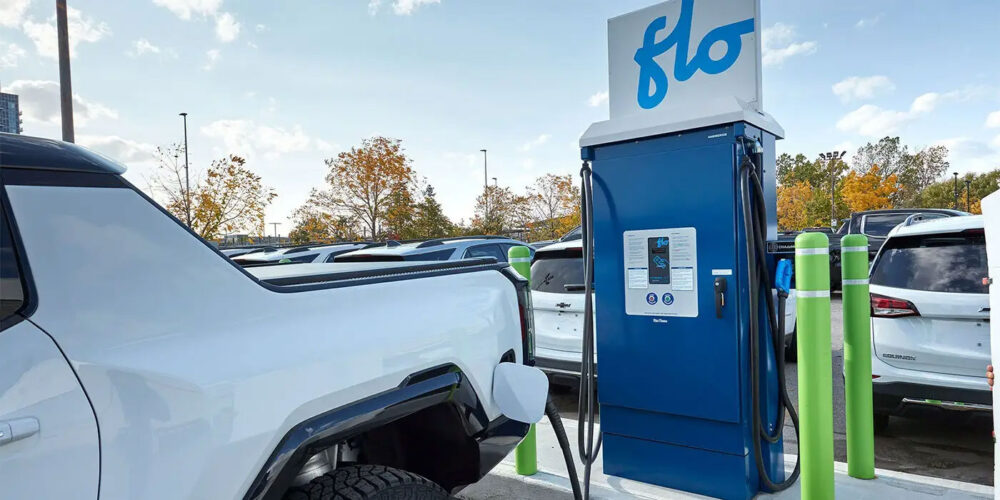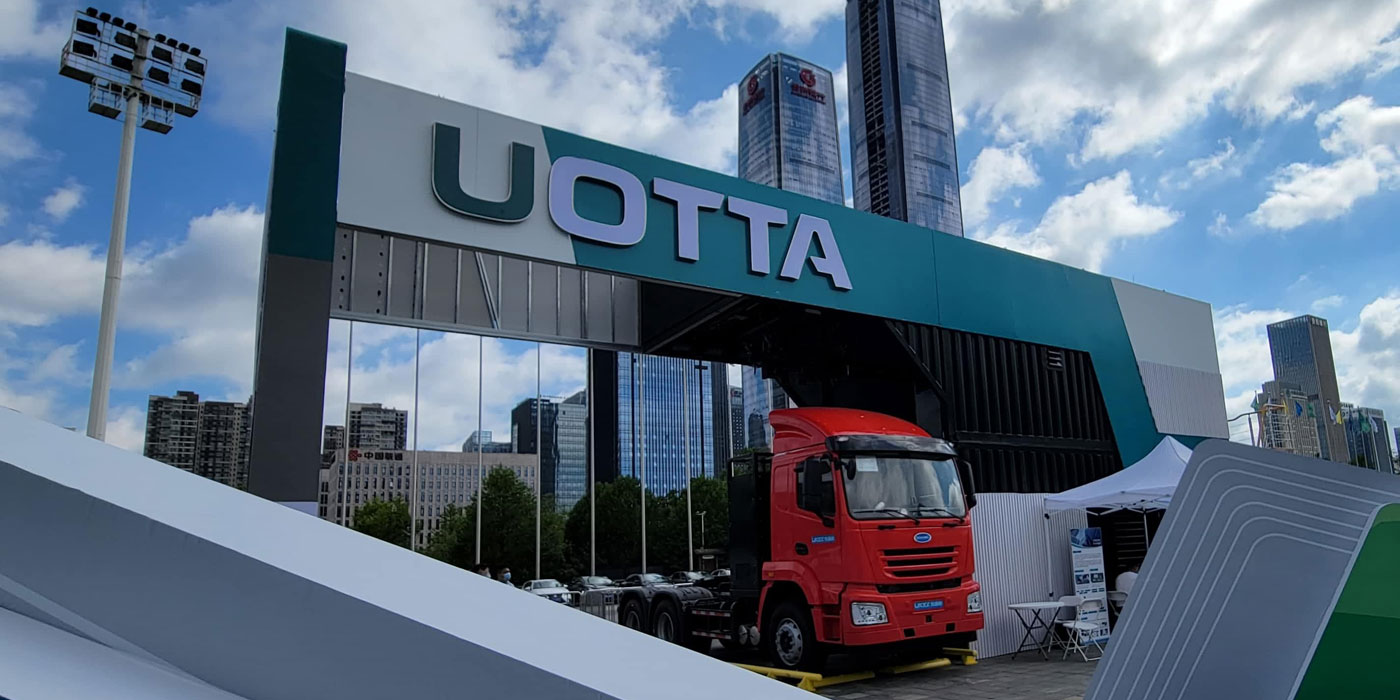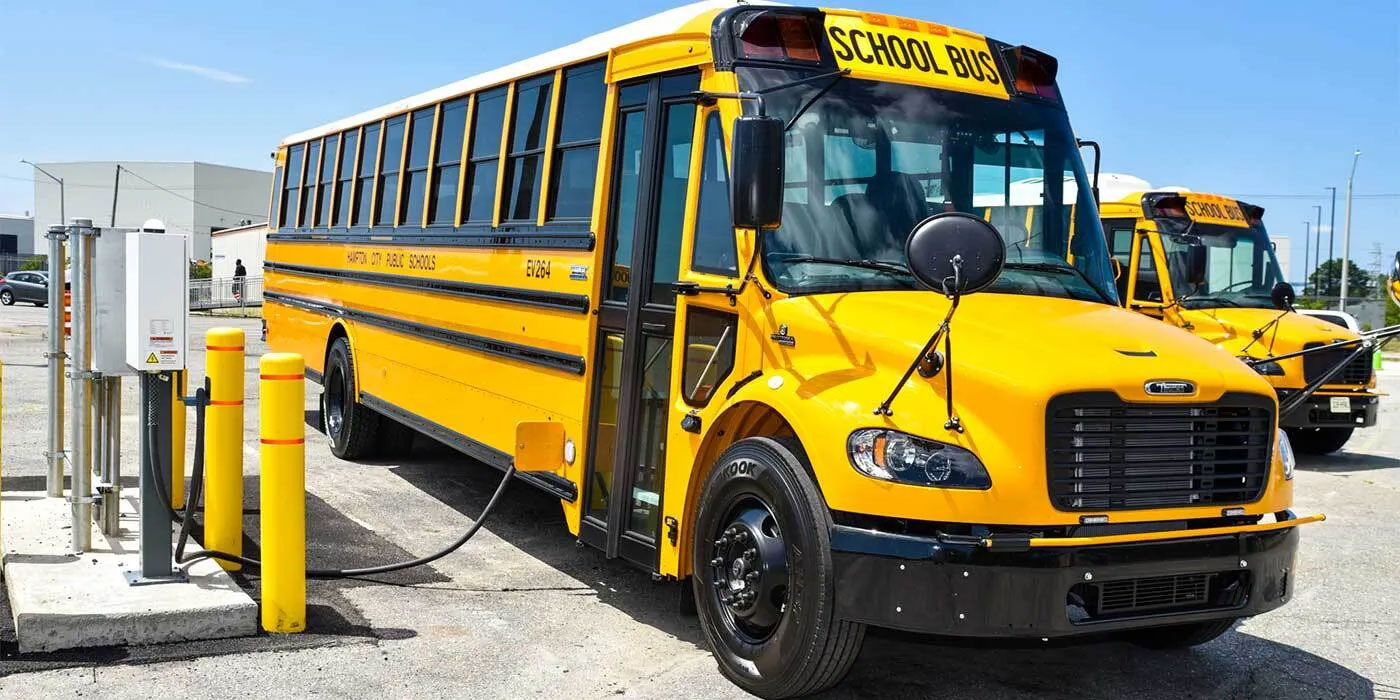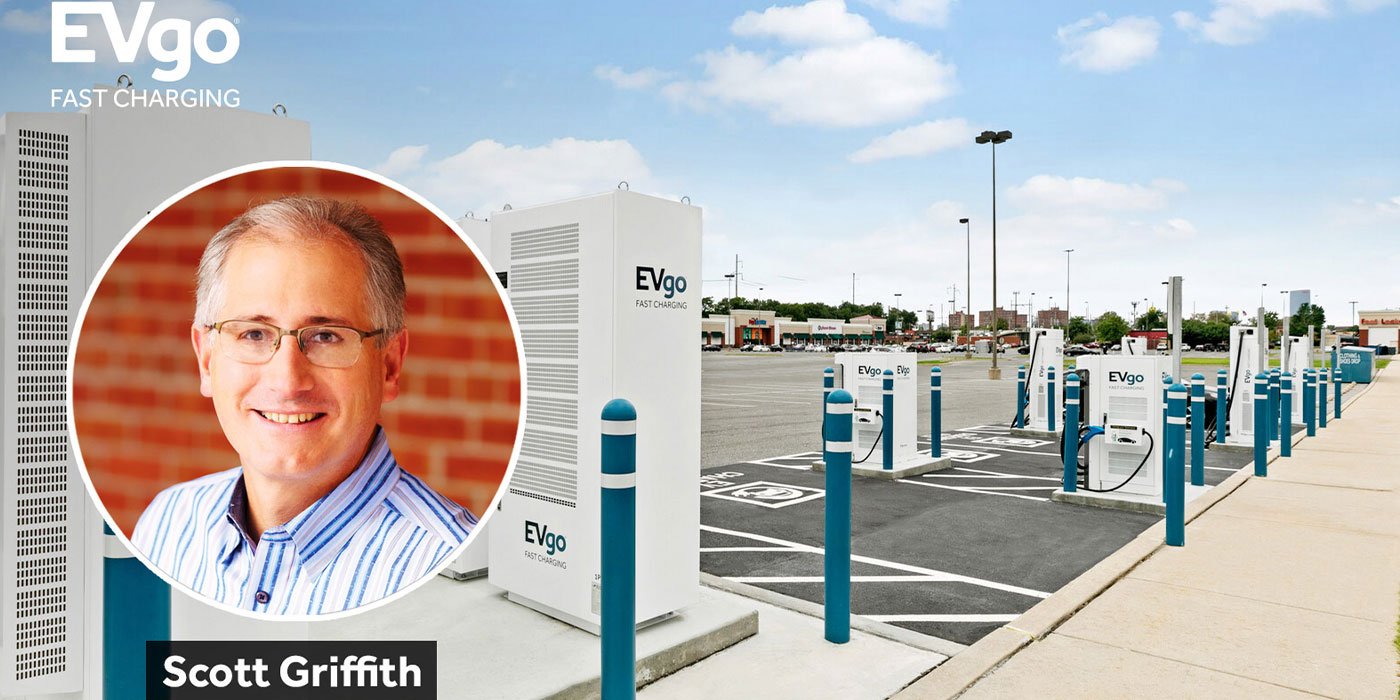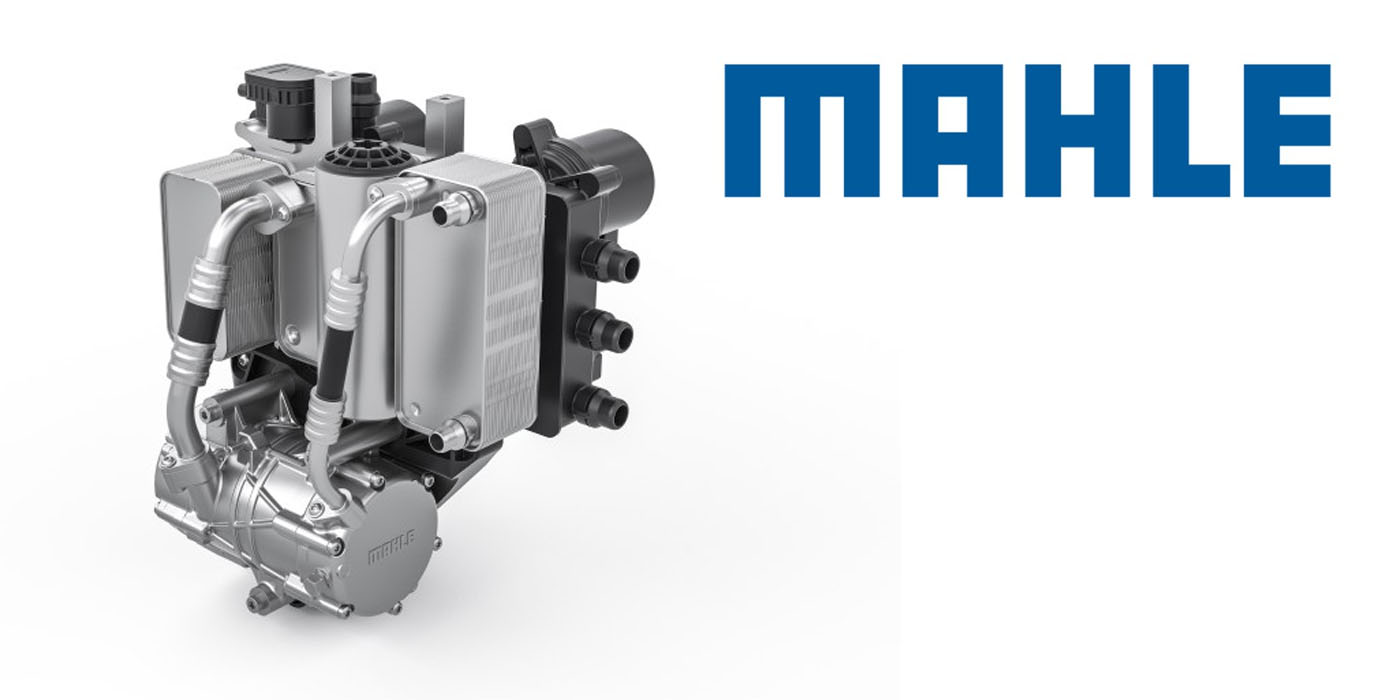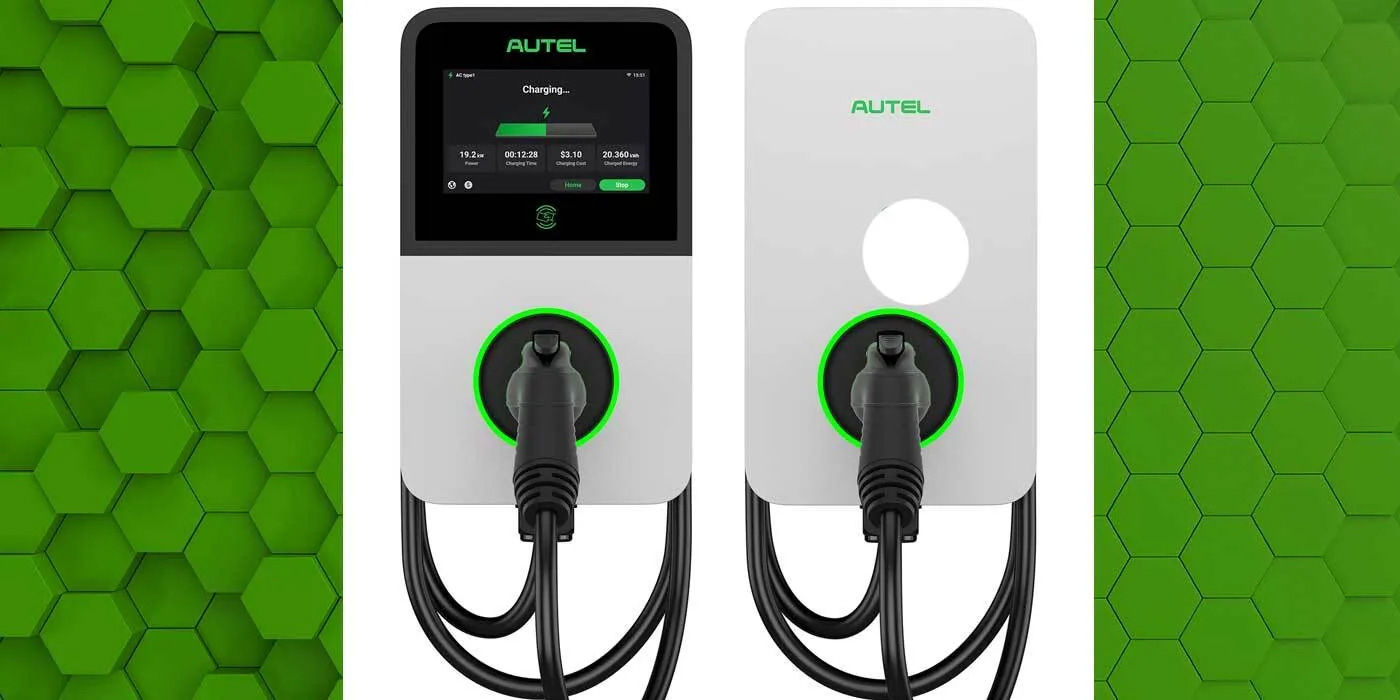As booming EV sales strain the value chain, success in the eMobility sector will hinge on six essentials for mainstream EV adoption, according to findings in a recent study from EY and Eurelectric.
The study includes insights drawn from industry leaders across the ecosystem, including automotive, utilities, fleet management, city planning and charging infrastructure.
Globally, EV sales doubled in 2021 and jumped 55% in 2022 to account for 13% of all vehicles sold. If this trend is to continue, the eMobility ecosystem must collaborate around “Six essentials for mainstream EV adoption,” the companies say.
The six essentials are:
- Resilient supply chains and vital raw materials;
- Clean and green power production;
- Accessible charging infrastructure;
- The integration of EVs with smart grid technology;
- Digital platforms and mobile applications to optimize EV charging; and
- Finding and training the next-generation workforce.
The study highlights that in 2022, EV sales in China reached 27% of total vehicles sold; in Europe, they made up just over 20%; and in the US, EV sales increased to more than 7% of all vehicles sold. But are conditions right for EVs to take off in the mass market? The study underscores the need for a collaborative and coordinated response from eMobility ecosystem players in pursuit of decarbonization goals, with utilities, in particular, playing a pivotal role.
“Despite economic headwinds and rising energy costs, EV sales are resilient and are continuing to accelerate,” says Serge Colle, EY global energy & resources industry market leader. “Globally, we have reached 13% adoption, but if EVs are to enter the mainstream, significant collaboration across the entire value chain is critical. The EY/Eurelectric study identifies six essentials that will make or break the future of eMobility. Failure to get these right could result in missed net-zero targets, unresolved air quality issues, wasted investments, and an extended eMobility transition period.”


